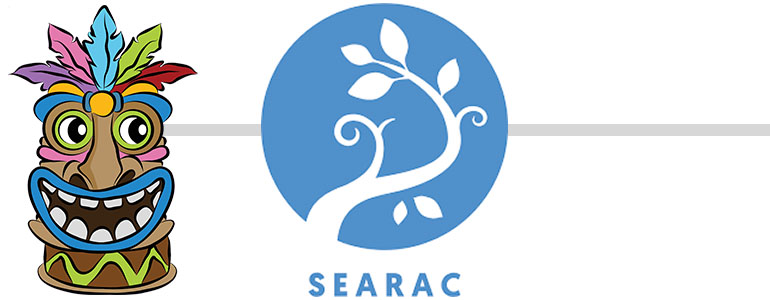
SEARAC is proud to support the Teaching Asian Pacific American History Act, which would require federal grant applicants and recipients teaching civics education to include Asian Pacific American (APA) history as part of American history programs.
The bill would also affirm that APA history is American history and should be included in national assessments administered by the US Department of Education, such as the National Assessment of Educational Progress, which assesses elementary and middle school aged students in various core subjects.
Asian American, Native Hawaiian, and Pacific Islander (AANHPI) stories are integral parts of America’s history. Understanding the contributions of AANHPIs in the United States would serve to increase solidarity, acceptance, and awareness of our diverse communities and backgrounds. This is especially important given the rise of anti-Asian American hate nationally in the wake of the pandemic. We call on Congress to support this bill and on states to invest in AANHPI curricula and ethnic studies in our public schools.
“The teaching of AANHPI history is crucial to understanding the experiences of AANHPI communities by including our stories as part of America’s story,” said Quyen Dinh, Executive Director of SEARAC. “For too long AANHPI narratives have been erased from history books, while anti-Asian stereotypes are perpetuated in our society. These teachings provide perspective to the struggles and prejudice that many AANHPI communities face as well as their resilience. With the rise of anti-Asian sentiments related to the COVID-19 pandemic, the upcoming 40th anniversary of the murder and hate crime against Vincent Chin, and the longstanding racial injustices faced by communities of color, this bill is needed more than ever. We urge senators to support this companion bill and demonstrate commitment to fostering an inclusive and diverse education for all our children.”
US Sen. Mazie Hirono (D-HI) introduced the bill in the Senate last week. US Rep. Grace Meng (D-NY) first introduced this bill in the House last year as H.R. 2283.
